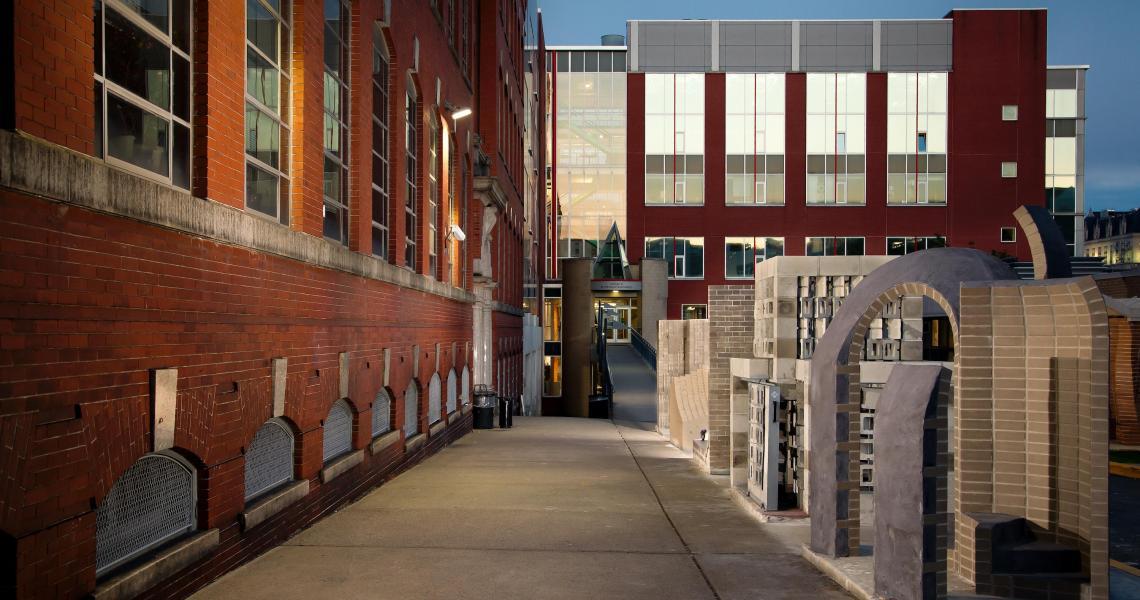NJIT’s Hillier College of Architecture and Design and the American Center for Life Cycle Assessment are organizing eLCAd, Environmental Life Cycle Assessment in Design, a virtual international symposium, from Tuesday, March 29 to Thursday, March 31. This has been possible with support from the Centre interdisciplinaire de recherche en opérationnalisation du développement durable.
Back by popular demand, this event is being run by HCAD for the second year. According to its website, eLCAd 2022 will unite “two professions engaged in parallel systems thinking: designers working at many different scales and the [Life Cycle Assessment] community of researchers, data experts and information interface providers.”
The main organizer, John Cays, is the School of Art and Design’s interim director and associate dean for academic affairs of HCAD.
“I am most excited to see the connections we are making between different groups critical to significantly improving the design profession’s environmental impacts,” he said. “Design professionals who are responsible for specifying enormous amounts of physical material can gain insight from new and evolving life cycle assessment powered tools.”
Cays explained that students and professionals are increasingly being asked to justify why one option in a design project may be materially superior to another with respect to environmental impact as well as a host of other important considerations such as cost, performance and aesthetics.
“LCA offers a solid methodological framework to help students define proper project boundary conditions,” he stated. “Working with these frameworks, data sets and software interfaces help establish a way to evaluate numerous objective, and even some value-based, options throughout a project.”
While the whole event requires a fee to attend, there are two sessions completely free for students. Both take place 1-3:30 p.m.; “LCA for Design Students” is offered on Tuesday, and “Quantifying and documenting environmental impacts of side-by-side design alternatives” is offered on Wednesday.
These workshops are meant to “bridge the gap between traditional heuristic working methods typically used by design students and this alternative science based approach that can support an array of design decisions,” Cays mentioned.
One of the speakers in the event includes Erin Heidelberger, adjunct professor in HCAD. Her first session is “Design and LCA: More than Just Numbers to Make Decisions.” The aforementioned free workshop held on Wednesday will feature her and Cays as speakers.
Any student who “wishes to learn about how non-geometric data LCA models can inform their geometric models through software interfaces that work with design programs like Rhino, Revit, and Solidworks” should join this symposium, according to Cays.
Visit https://elcad-2022.heysummit.com/ for information regarding the schedule, registration, fees, speakers and more.






























